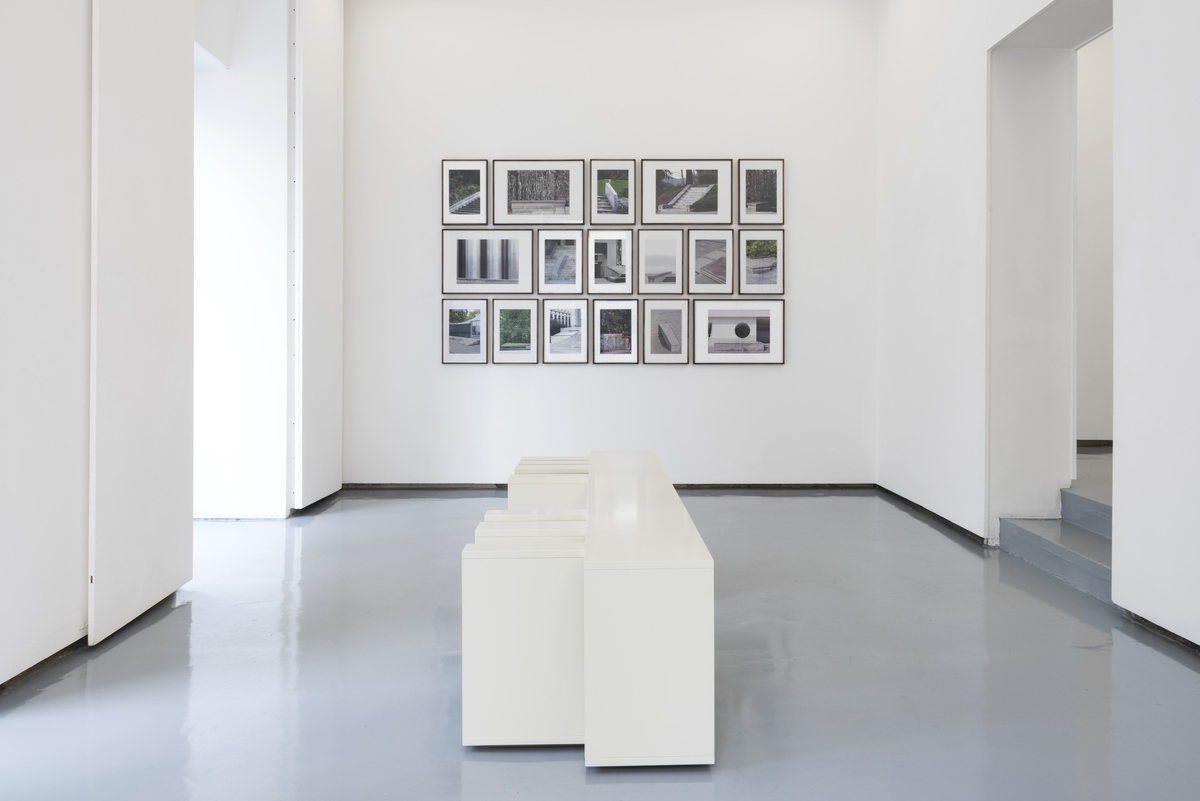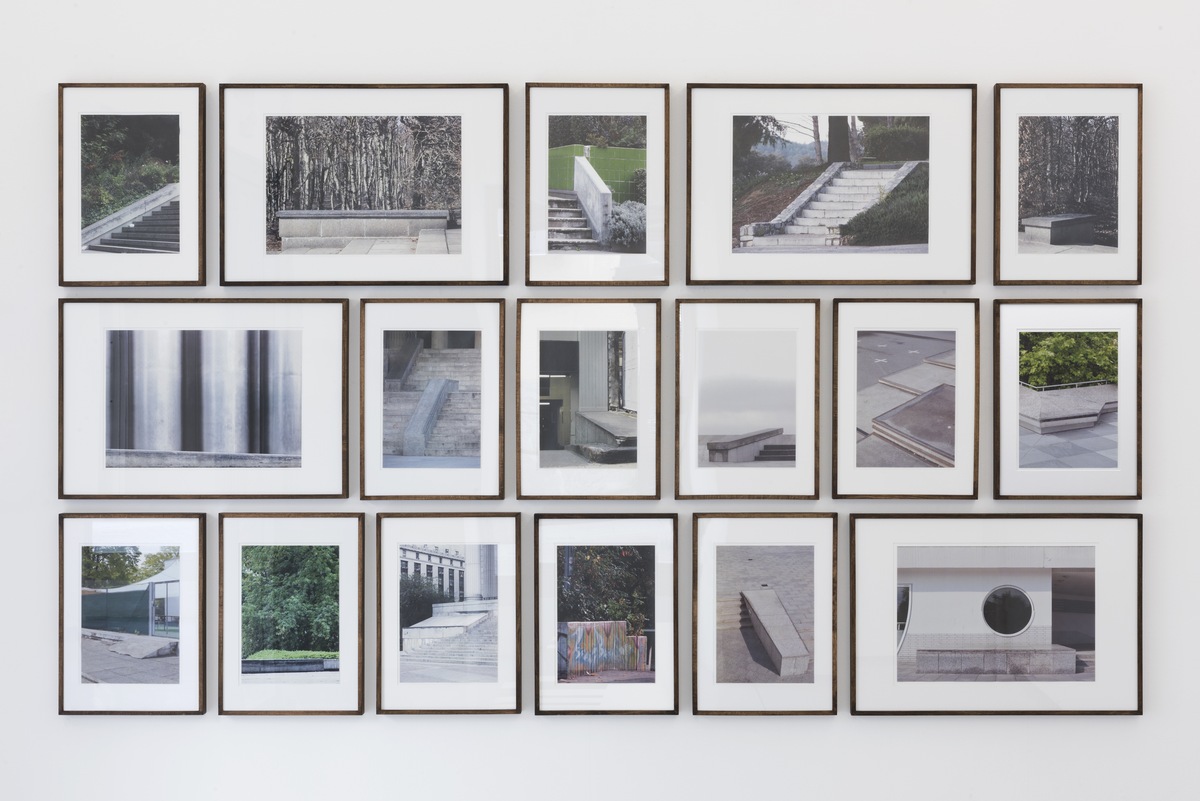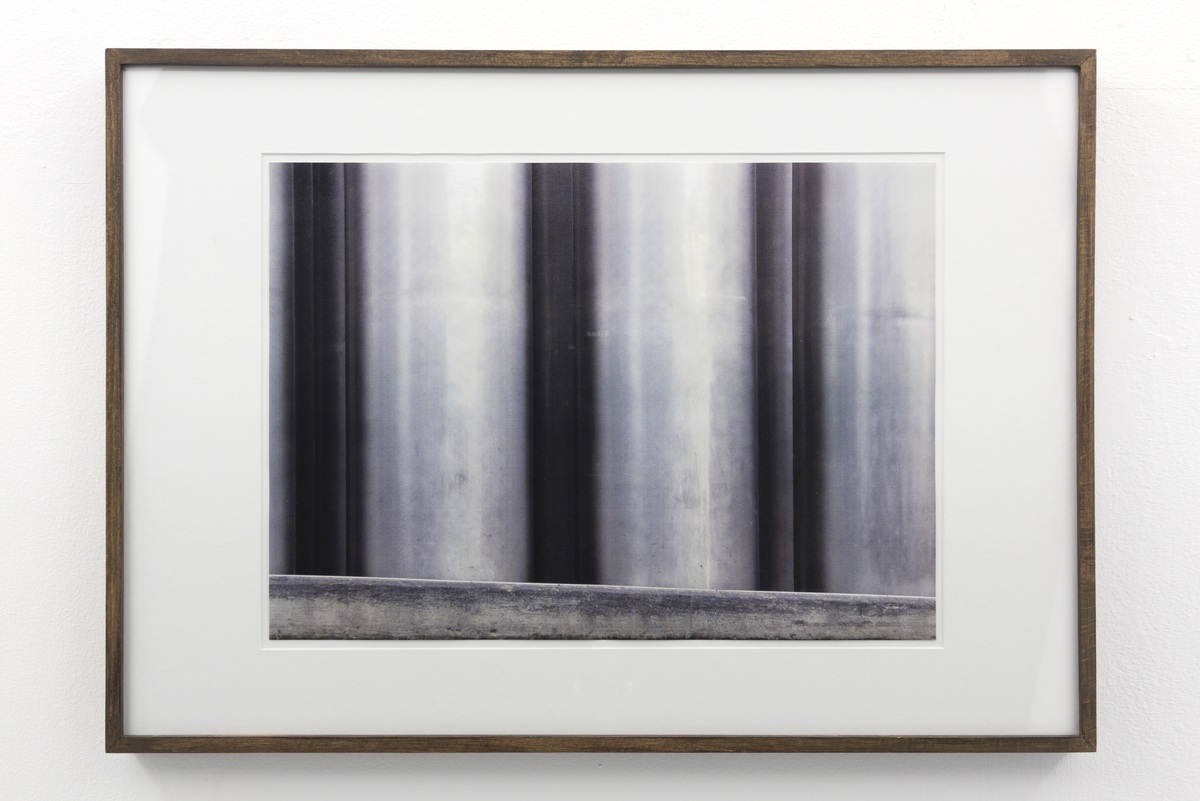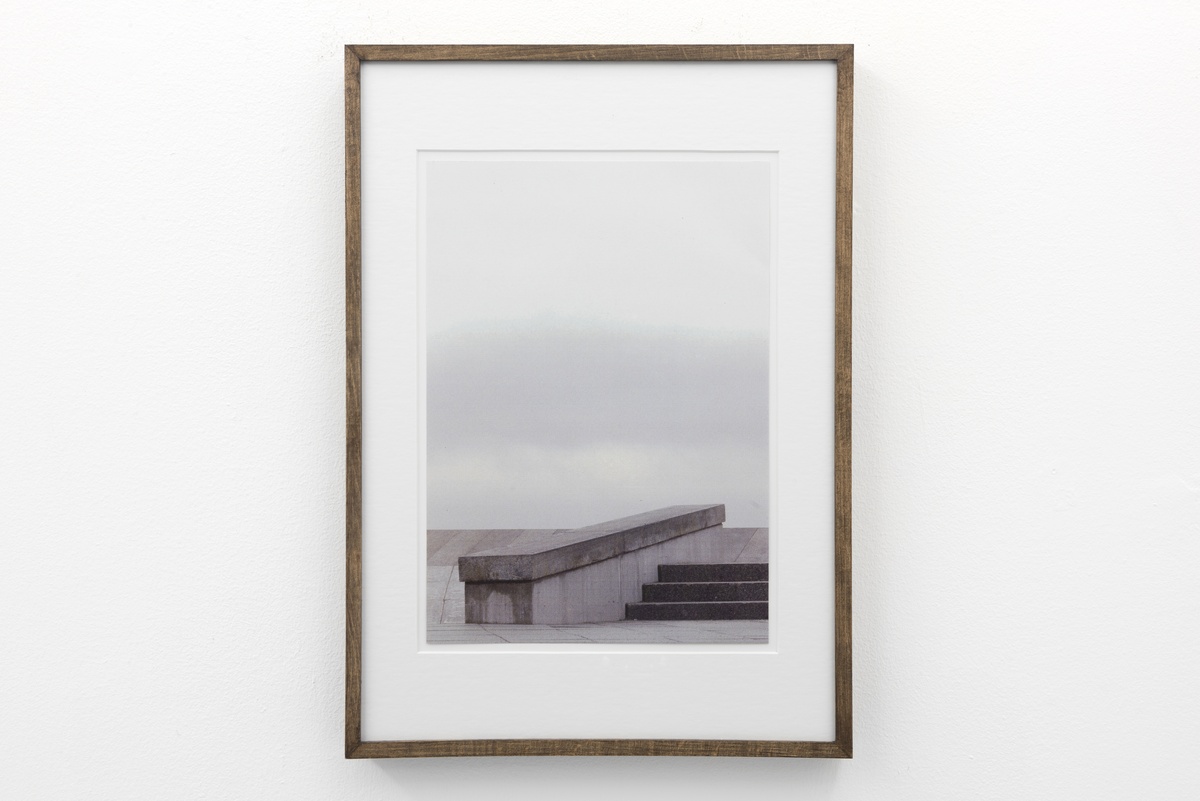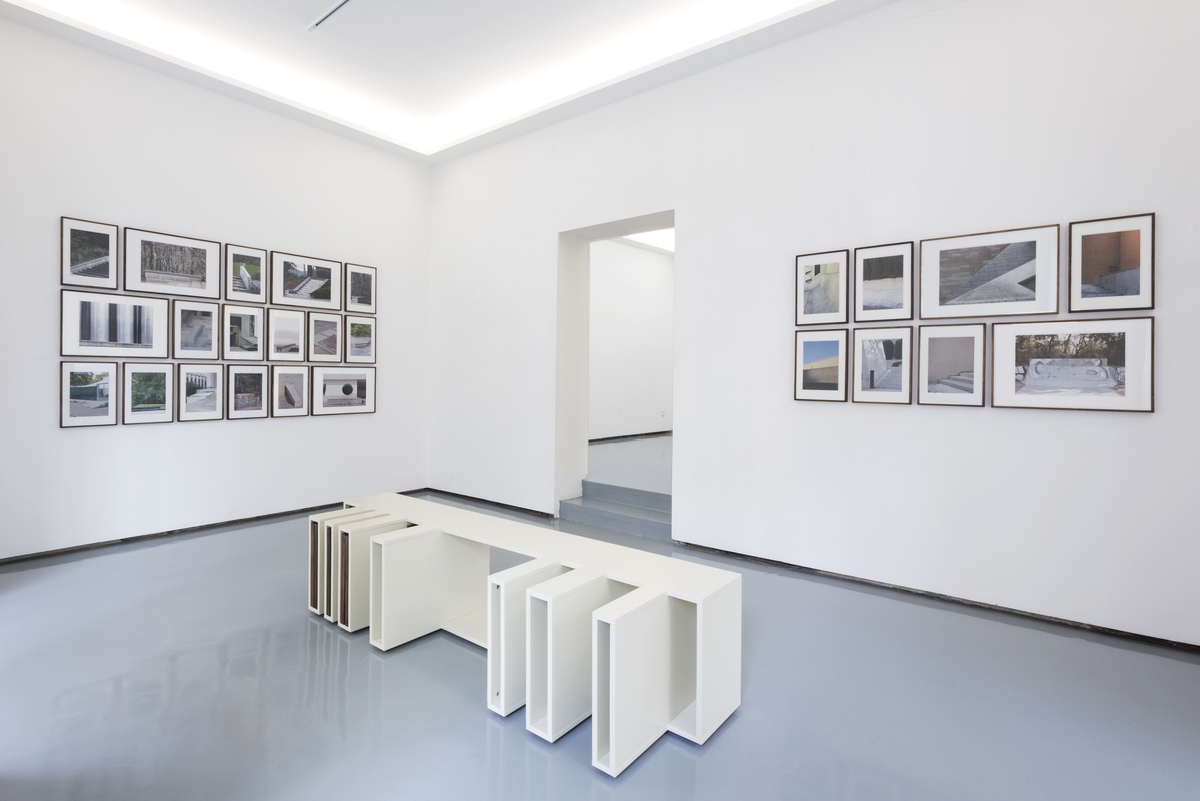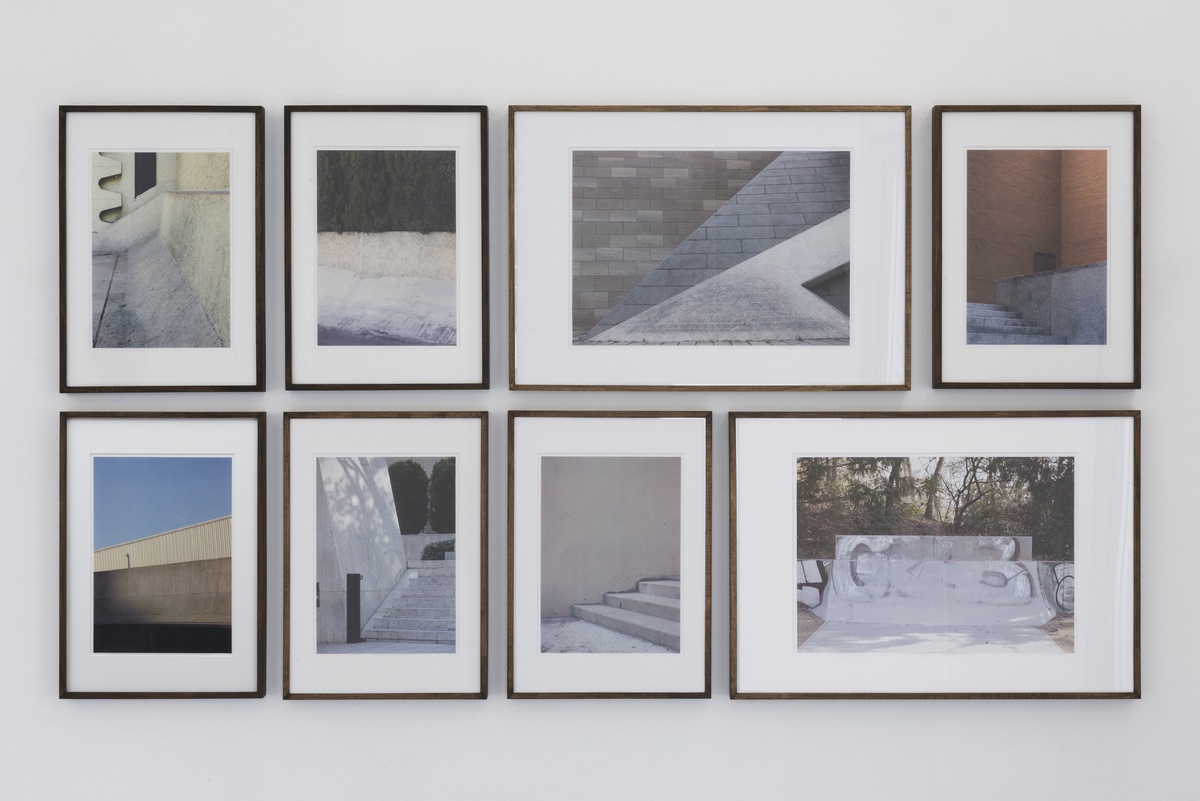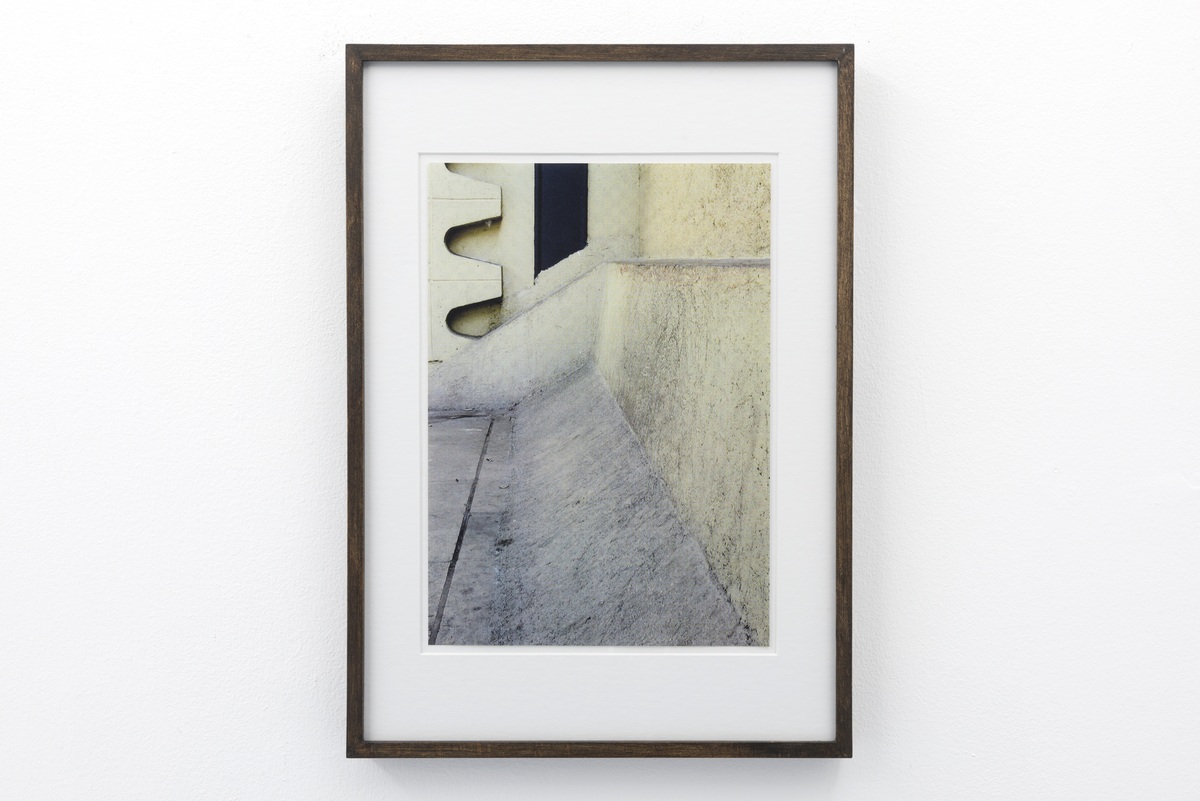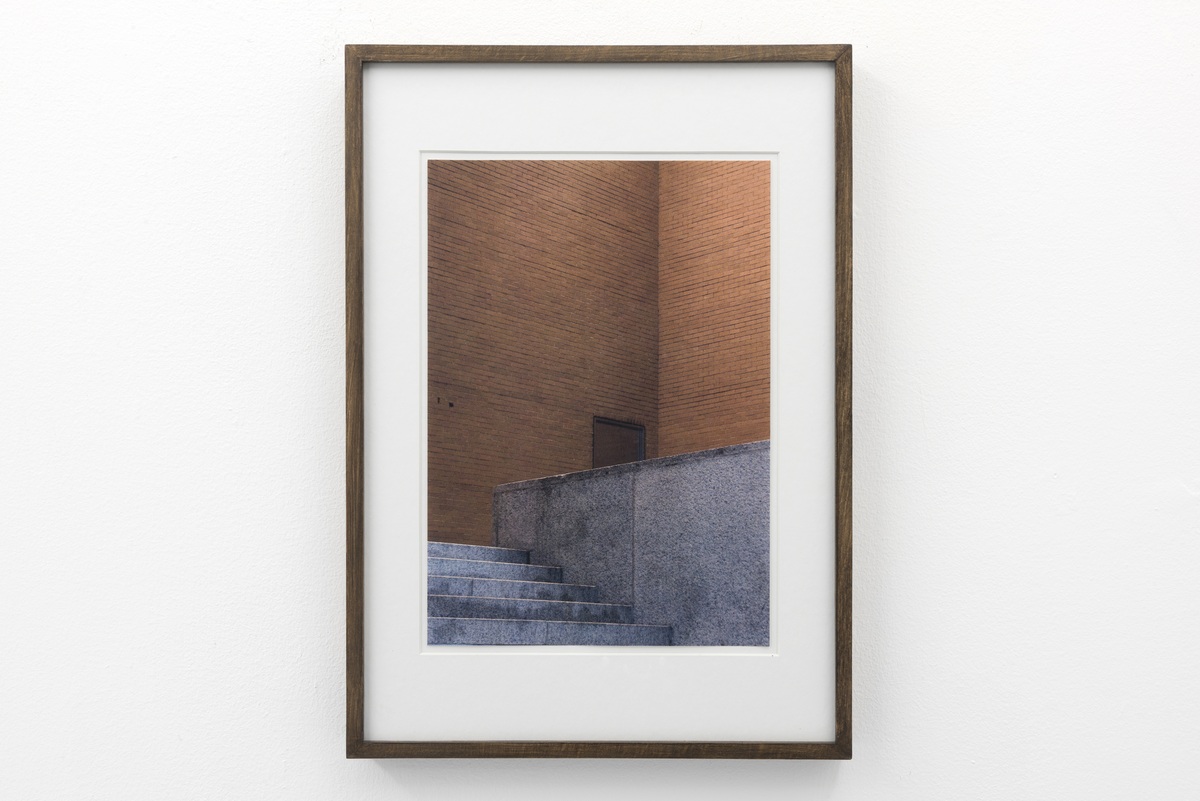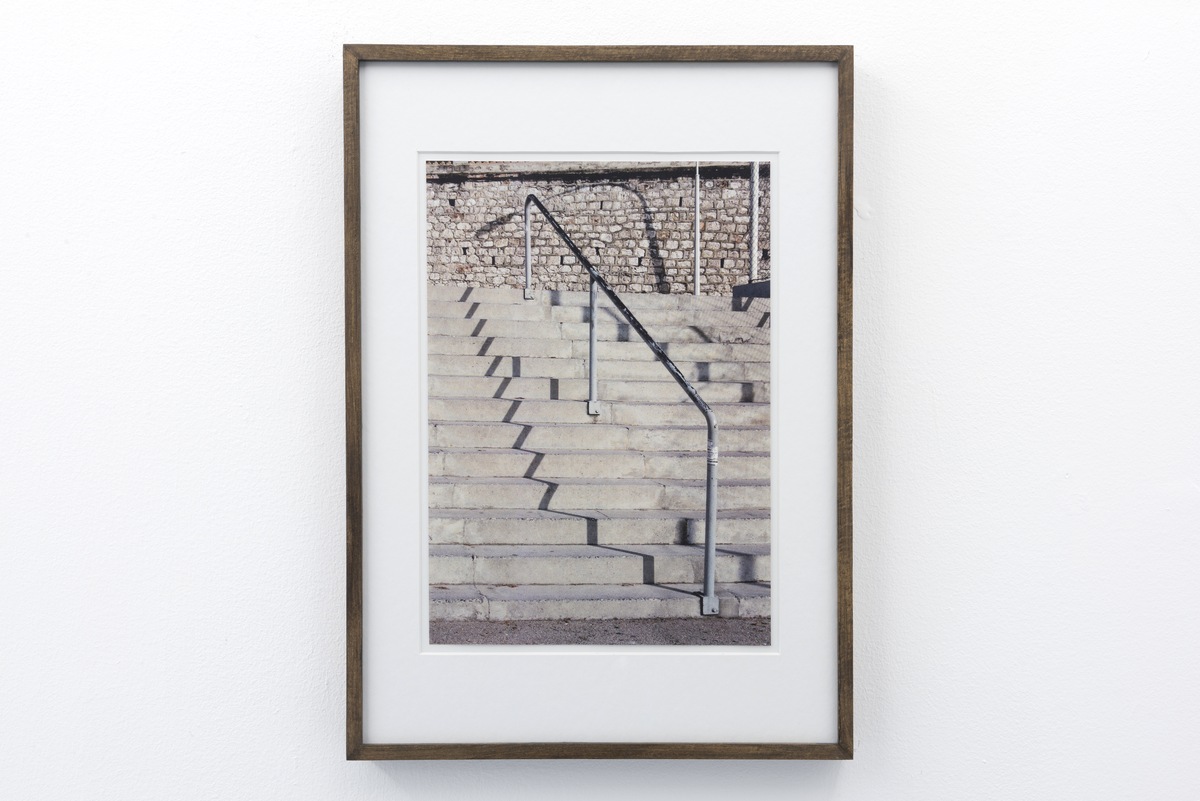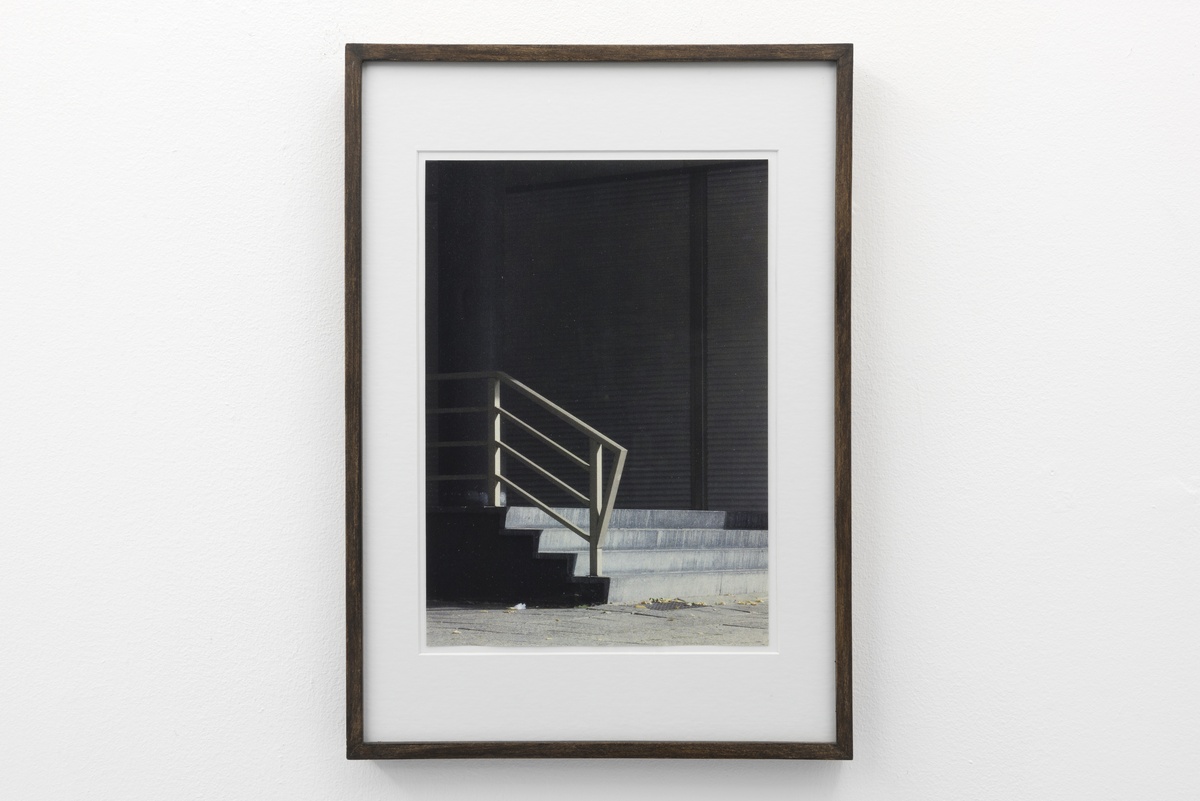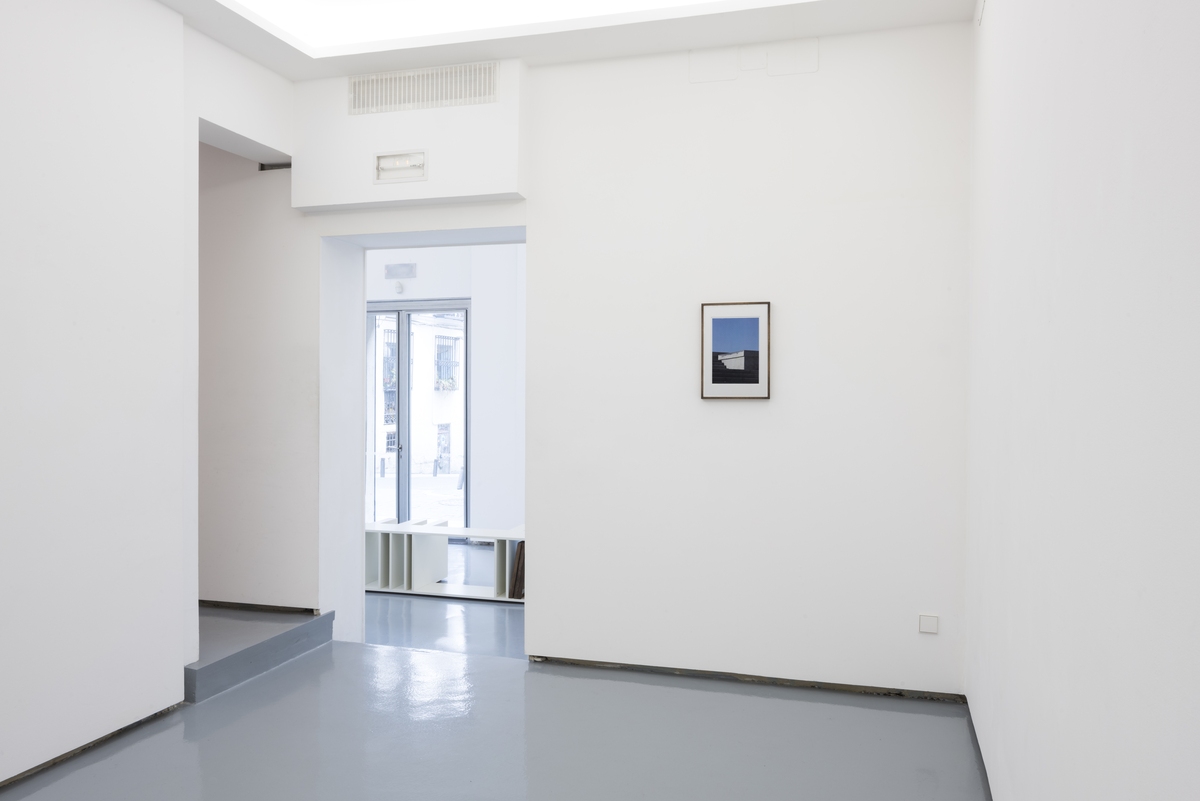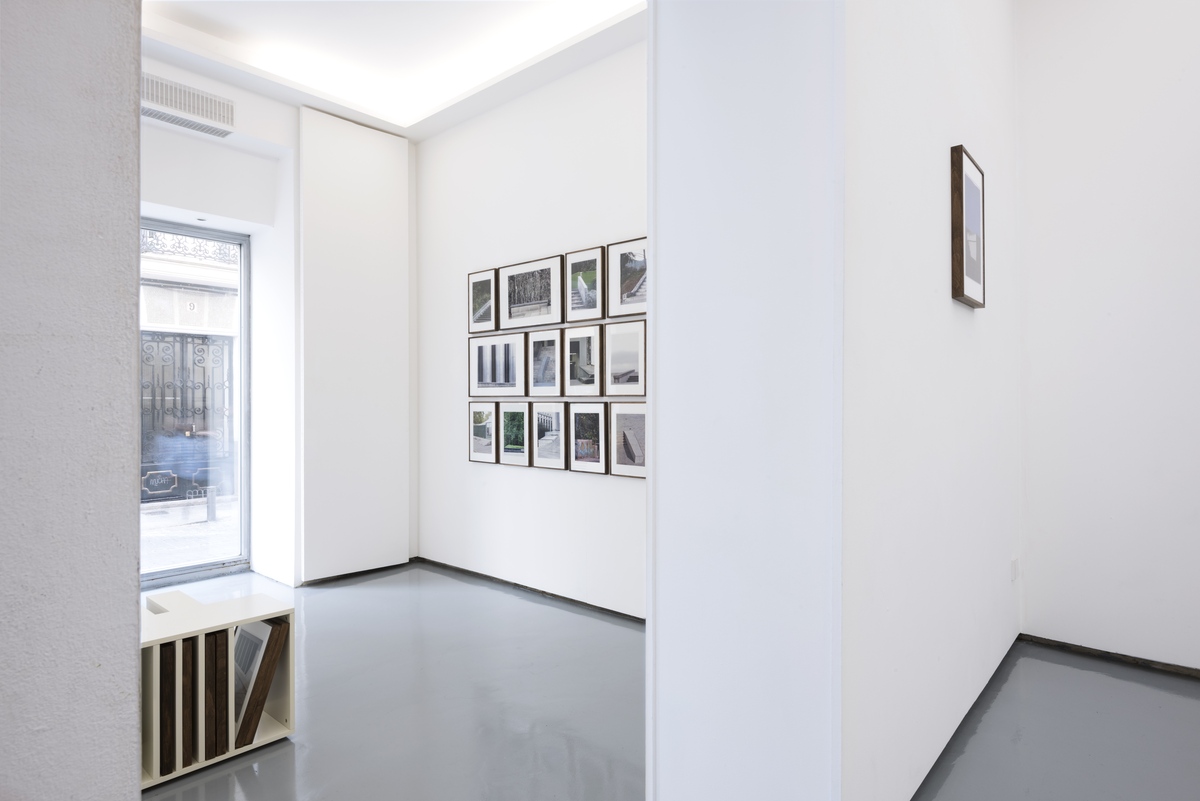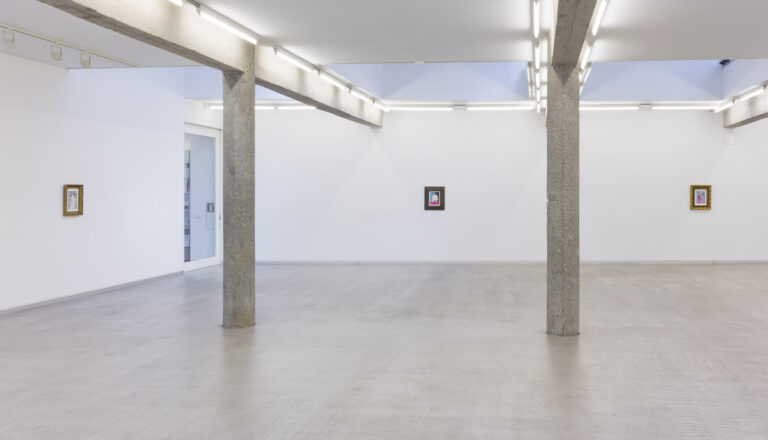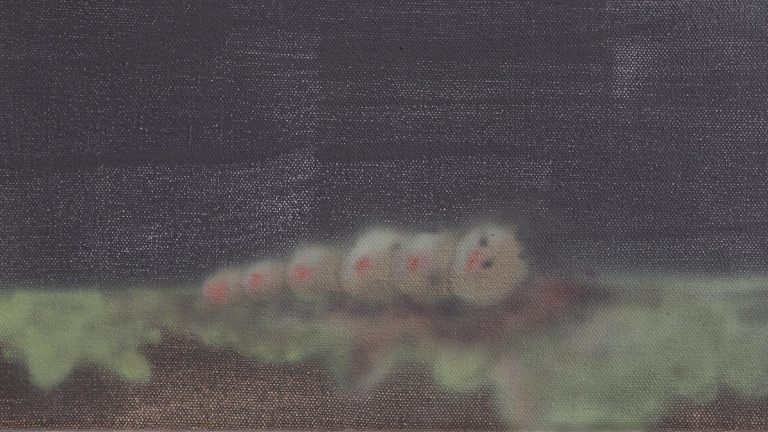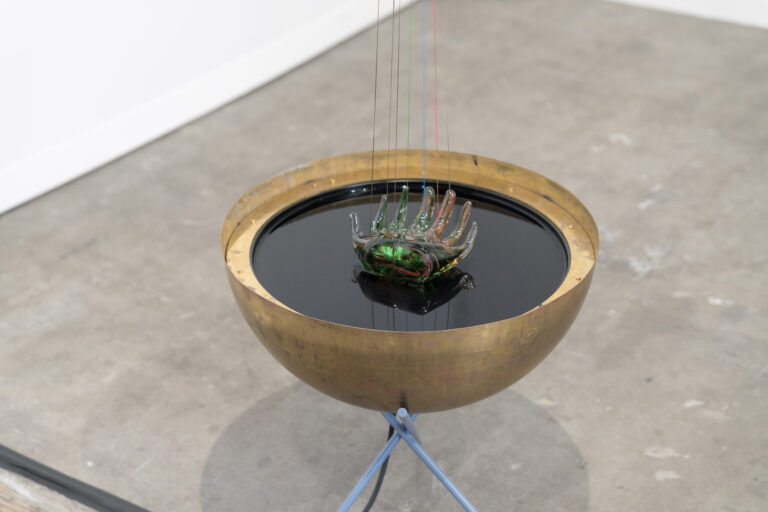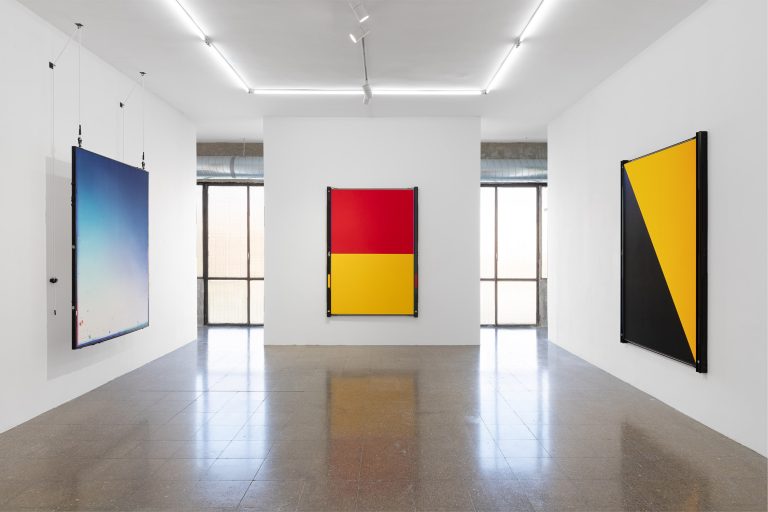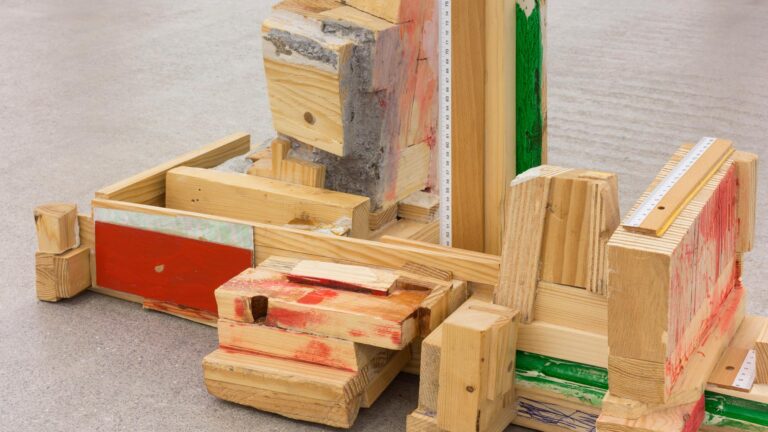Artist: Pierre Descamps
Exhibition title: Monuments 2006-2015
Venue: The Goma, Madrid, Spain
Date: March 17 – May 15, 2016
Photography: all images copyright and courtesy of the artist and The Goma, Madrid
Pierre Descamps’s second exhibition at The Goma showcases a compilation of more than fifty photographs taken by the artist over the last ten years. The images depict skateboarding spots in urban settings which he has photographed in cities such as Madrid, Berlin, New York and Nice.
Descamps (Amiens, 1975) focuses his practice on the interaction between two opposing cultures. Firstly, it is grounded in the sophisticated legacy of twentieth-century conceptual movements and, secondly, it engages with other approaches more attuned to popular culture. While his sculptures and photos recall minimalist geometric compositions, the materials he employs and his way of making the works have completely different connotations. For instance, in the pieces included in this exhibition, it is worth underscoring his use of offset, a reproduction method proper to print culture. Having said that, despite being printed on low-quality paper like that used in magazines (therein the titles allusive to page numbers) the artist materialises the work in a single copy which he later hand-frames himself.
Even if we could say that Descamps borrows inspiration from the aseptic imagery of the Dusseldorf School (the Bechers, Thomas Ruff, Thomas Demand) and the inexpressive influence of Pop (Ed Ruscha, Baldessari) the artist also places a high value on other photographers removed from conventional art circuits, experts who portray skaters doing their thing. Mike Blabac, Allen Ying and Michael Burnett work with focus, light and angles from a completely different perspective to the above-mentioned artists, foregrounding in their images the body and expressiveness. Though in Descamps’s photos the figure itself (people, cars, etc.) does not make an appearance, the shadow of its presence lingers.
As a result, one could conclude that the boundaries between Pierre Descamps’s models and creations are fuzzy. The only three-dimensional element in the gallery is a kind of frame holding each and every one of the pieces in the exhibition. Another structuring element of the show, it is designed as an authentic piece of furniture and (like the rails, ramps, steps, etc. in urban settings in the photos) it responds to a problem of emplacement within a specific realm generally viewed as elitist—an art gallery or the home of a collector.
Pierre Descamps, Monuments, p.190, 2010
Pierre Descamps, Monuments, p.70-71, 2007
Pierre Descamps, Monuments, p.291, 2013
Pierre Descamps, Monuments, p.122, 2008
Pierre Descamps, Monuments, p.17, 2007
Pierre Descamps, Monuments, p.233, 2011
Pierre Descamps, Monuments, p.50, 2007
Pierre Descamps, Monuments, p.55, 2007
Pierre Descamps, Monuments, p.207, 2010
Pierre Descamps, Monuments, p.307, 2015
Pierre Descamps, Monuments, p.302, 2015


